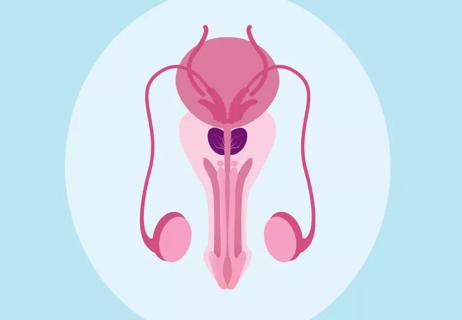
Possible signs include slow urine flow and loss of bladder control — but if this common cancer is caught before it spreads, the prognosis is good

Trouble peeing and leaking urine are common indicators of prostate gland issues
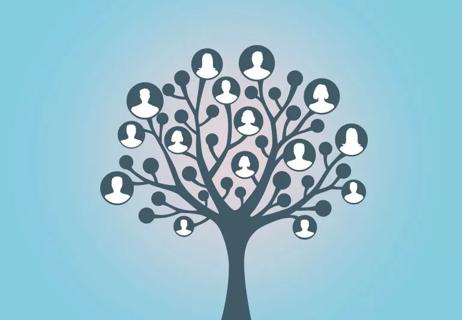
Family history and genetics may heighten your risk for prostate cancer

Manage your sexual health and urinary function with annual appointments starting at age 40
Advertisement
Cleveland Clinic is a non-profit academic medical center. Advertising on our site helps support our mission. We do not endorse non-Cleveland Clinic products or services. Policy
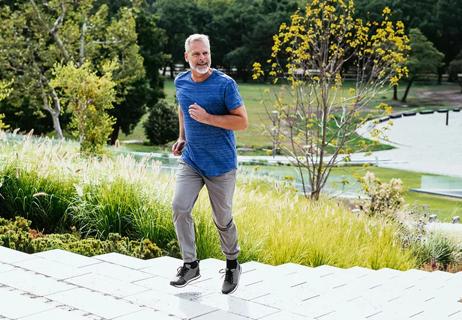
Check-in with your care team, and focus on low-impact exercises and walking for good gains
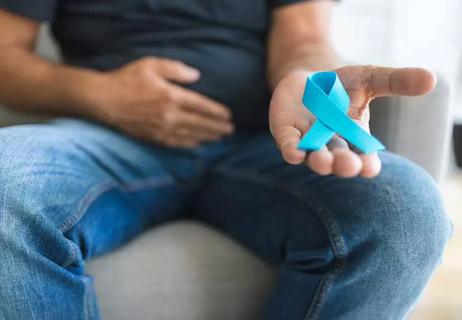
Sex may be different after prostate cancer treatment, but it can still be enjoyable
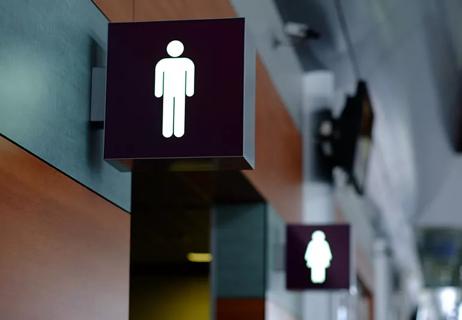
An overactive bladder, UTI, kidney stones or an enlarged prostate can affect how you urinate
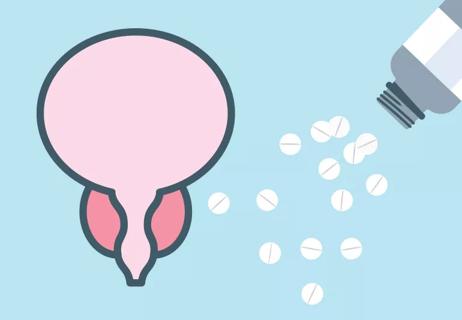
Research raises doubts about the effectiveness of supplements for your prostate
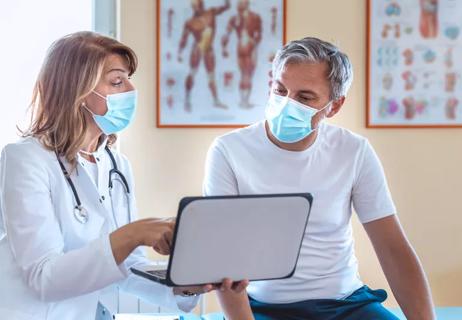
Not following recommended follow-ups could put you at risk
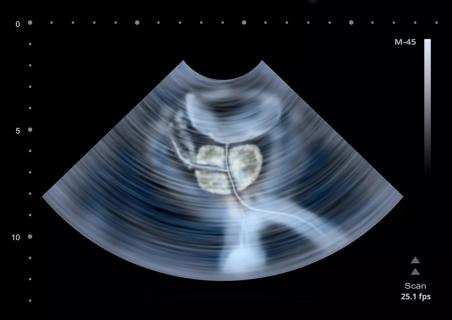
High-intensity focused ultrasound (HIFU) provides new treatment options
Advertisement
Advertisement